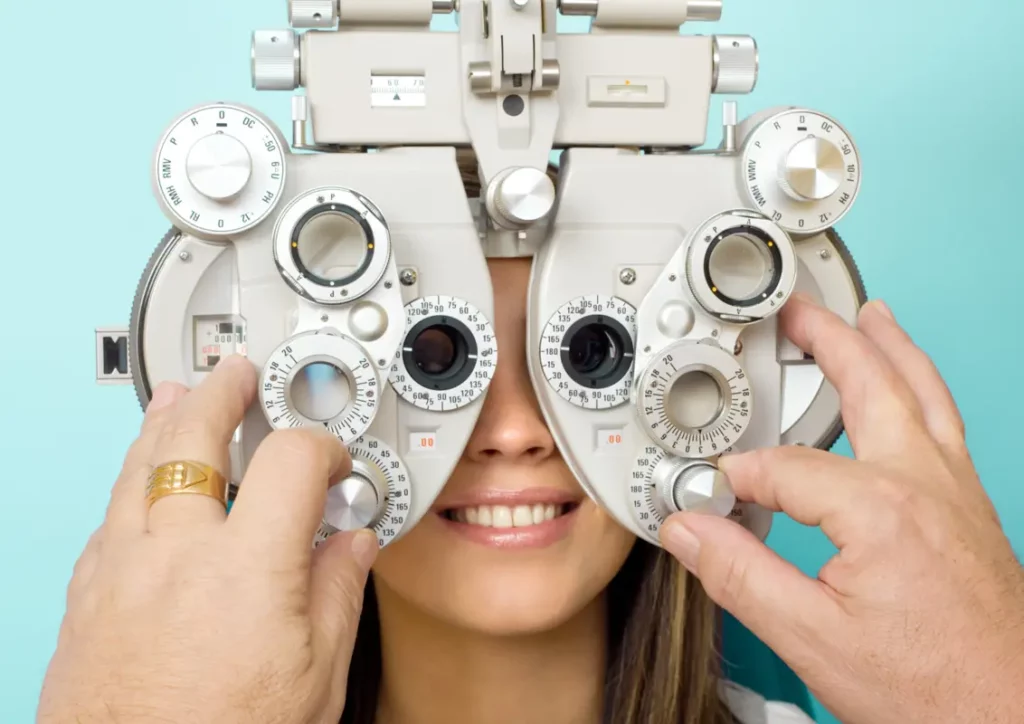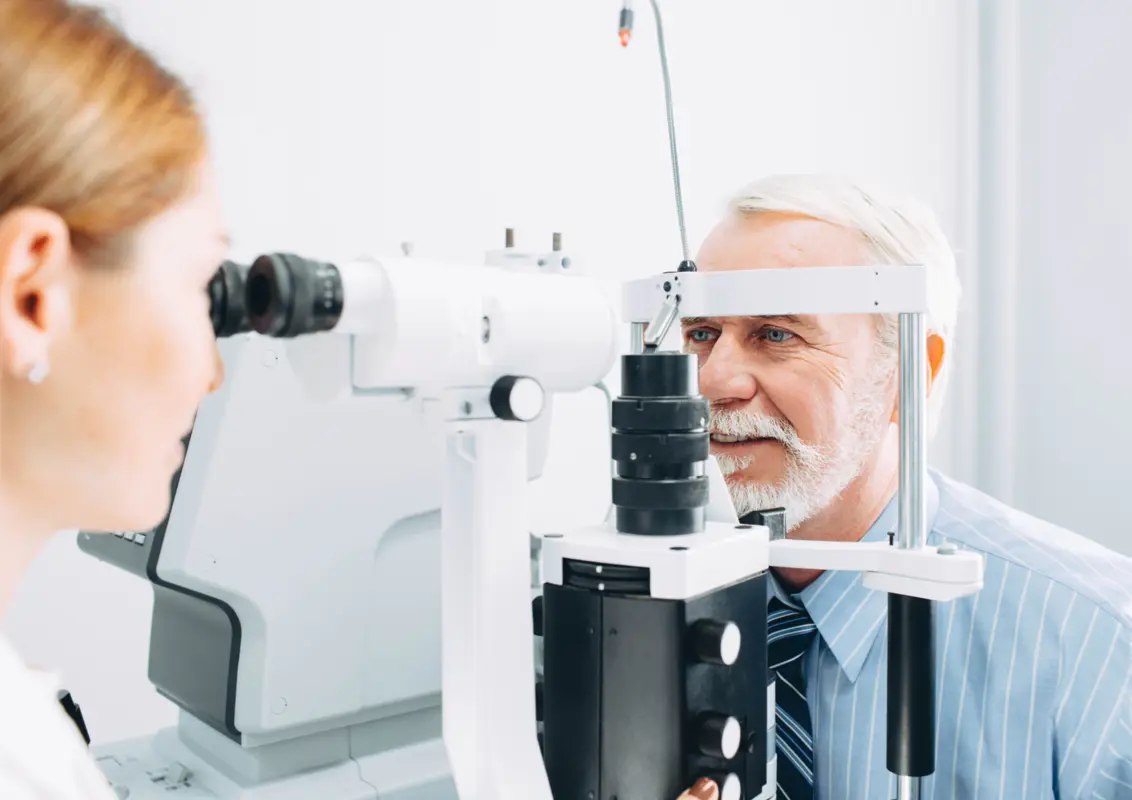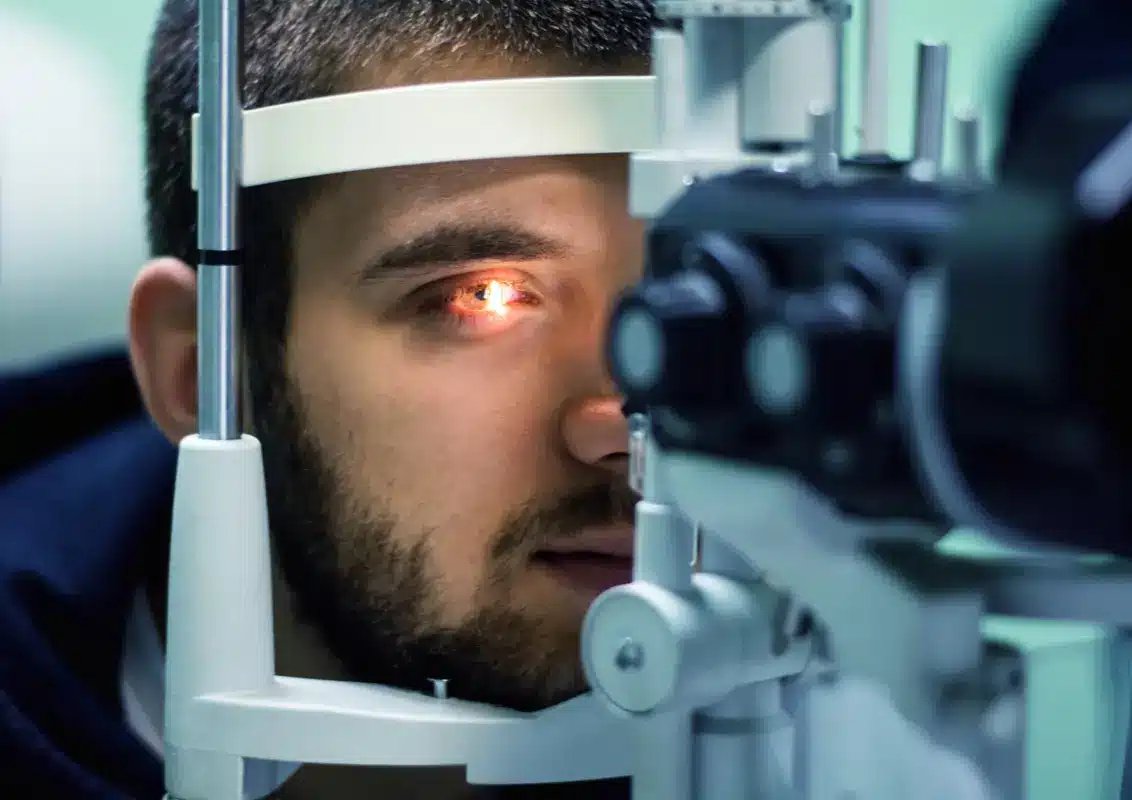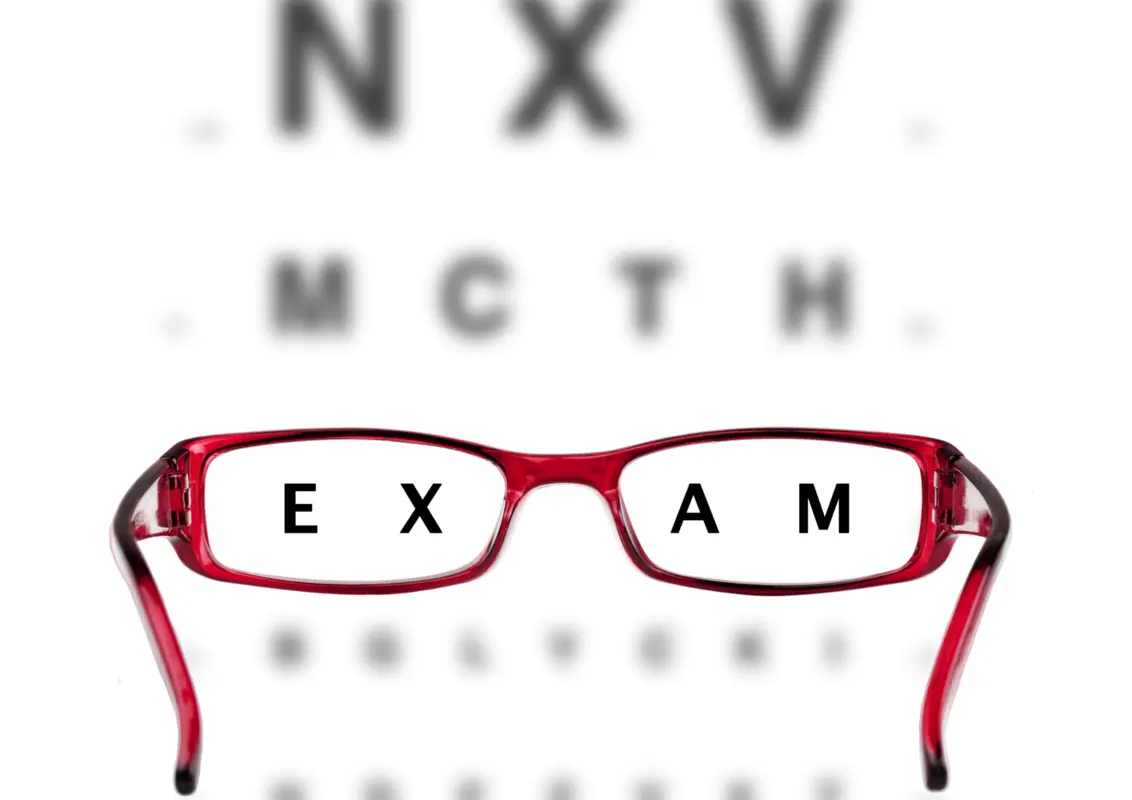
Okay, real talk—when did you last get your eyes looked at? If you’re anything like me, you don’t even think about it until something’s off. Maybe the road signs start looking fuzzy, or your phone’s giving you a headache. But here’s the deal: your eyes deserve the same love as your teeth or that yearly doctor visit. Skipping regular eye exams is like rolling the dice—and trust me, you don’t want to lose that bet.
At the Center for Excellence in Eyecare, we understand that cost can make you hesitate, but we have options that won’t break the bank. I’m here to explain why keeping up with eye checks matters.
Why You Can’t Skimp on Eye Exams
Most of us? We’re clueless about our eyes until they start looking off. Blurry vision, that annoying strain after staring at screens all day—something’s already up by then. The trouble is, a lot of eye stuff doesn’t wave a red flag until it’s serious. That’s why I’m hooked on regular exams—they’re like a sneak peek to catch trouble before it’s a mess. Glasses update or something more serious like glaucoma? Spot it early, and you’re golden.
What’s an Eye Exam Even Do?

It’s More Than Just Reading Tiny Letters
Yes, reading the letters on the chart is part of it—but an eye exam goes far beyond that. We’re evaluating your overall eye health, and believe it or not, that can reveal a lot more than you’d expect. Here are just a few conditions we may detect:
- Glaucoma: This one is tricky—no symptoms until it starts damaging your optic nerve. But if we catch it early, we can manage it effectively and protect your vision.
- Cataracts: If your vision feels cloudy or night driving has become a challenge, cataracts may be the culprit. Fortunately, surgery can restore clear vision when caught in time.
- Macular Degeneration: This affects your central vision—making reading, recognizing faces, and daily tasks more difficult. Early detection helps us slow its progression.
- Diabetic Retinopathy: If you have diabetes, this is something we monitor closely. It impacts the blood vessels in the eyes, but regular exams can help us stay ahead of it.
- Dry Eyes & More: Red, itchy, or irritated eyes? It might be dryness, allergies, or even an infection. Whatever the cause, we can help you feel more comfortable.
Bottom line? Don’t wait until you’re squinting at your screen. Early detection really does make a difference.
What Happens During an Eye Exam?

A lot of people think it’s just reading letters off a chart—but there’s much more to it, and it’s nothing to stress about. Here’s what to expect:
- Visual Acuity Test: This is the classic “read the letters” check—measuring how well you see at various distances.
- Refraction Test: We use a special machine to determine your prescription. You’ll look through lenses and tell us which view is clearer—“this one or that one?”
- Dilation: We may use eye drops to widen your pupils. This allows us to examine the inside of your eyes thoroughly.
- Eye Pressure Test: Often done with a quick puff of air—this checks for glaucoma and only takes a second.
- Retinal Imaging and Optic Nerve Check: We use advanced tools to closely inspect the retina and optic nerve for any signs of concern.
- Peripheral Vision Test: This helps detect issues like glaucoma that can creep in from the edges of your field of vision.
If you’re over 60 or have a family history of eye issues, we may recommend a few additional tests—always with your long-term vision in mind.
How Often Should You Schedule an Eye Exam?

For most adults, once every two years is a good rule of thumb. But if you’re over 60, have diabetes, or a family history of eye conditions, annual visits are a better call. And of course, if your vision seems off or you’re struggling to see at night, don’t wait—schedule an appointment.
Your Vision Matters—Every Single Day
You use your eyes constantly—from driving and reading to working and winding down with your favorite show. They deserve regular care. Eye exams are quick, painless, and incredibly important for your long-term eye health.
We’ve seen countless patients avoid major issues simply by getting checked out in time.
Ready to Book?
At the Center for Excellence in Eye Care, we make it easy to stay on top of your eye health. If it’s been a while or you’ve noticed changes in your vision, give us a call or schedule online. Our friendly team is here to help—and we’ll make sure your eyes are in great hands.

